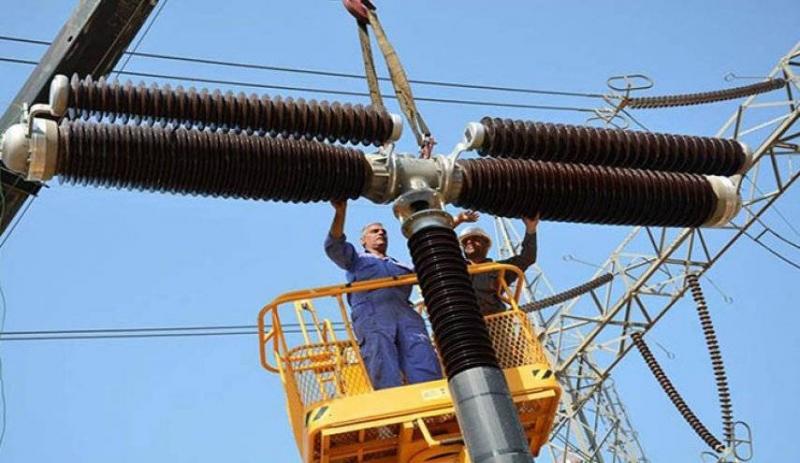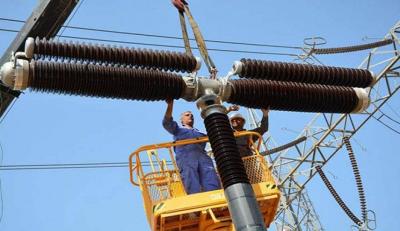The Electricity Committee in the Baghdad Provincial Council confirmed a decrease in electricity supply in the capital during the holiday break amidst rising temperatures. Committee Chair Nora Al-Juhayshi stated to "Baghdad Today" that "the rise in temperatures prevents families in Baghdad from going out during the day to public places and parks, which forces many to stay at home due to the heat. In contrast, there is a decrease in electricity supply in various areas of Baghdad."
She added that "we receive many complaints from citizens in different parts of Baghdad about the decline in electricity supply alongside the significant rise in temperatures and the holiday break. Therefore, the Ministry of Electricity must provide power to the areas, which they promised would be better than last summer, not the opposite."
Iraq is witnessing a significant decline in electricity supply this summer without identifying the real reasons, as Iranian gas continues to flow at its normal levels. Specialists attribute this to poor distribution networks, particularly with corruption in supplying "transformers" from the local Iraqi market that do not operate efficiently and are difficult to repair due to their high costs.
According to previous data, Iraq has spent around $100 billion on the electricity sector since 2003, and despite identifying the problems, successive governments have not taken action on this issue, merely offering promises that do not alleviate the scorching summer heat, which has seen temperatures exceed 50 degrees Celsius.




